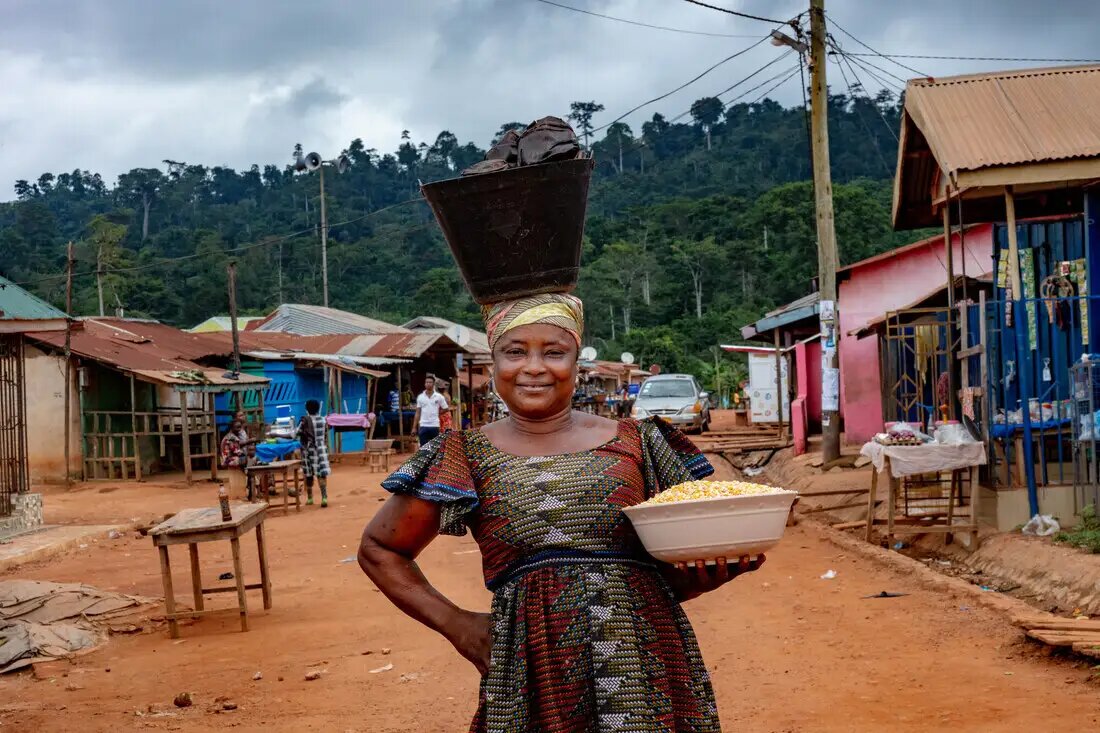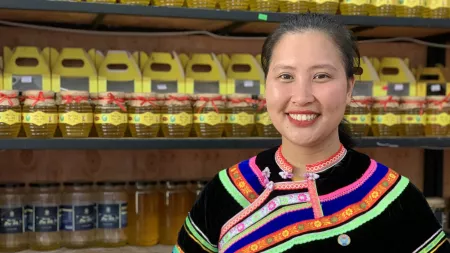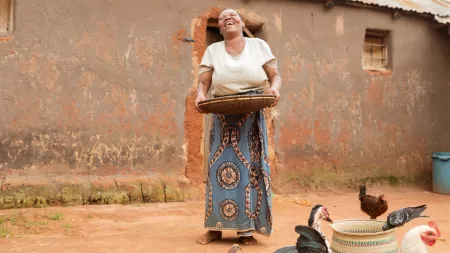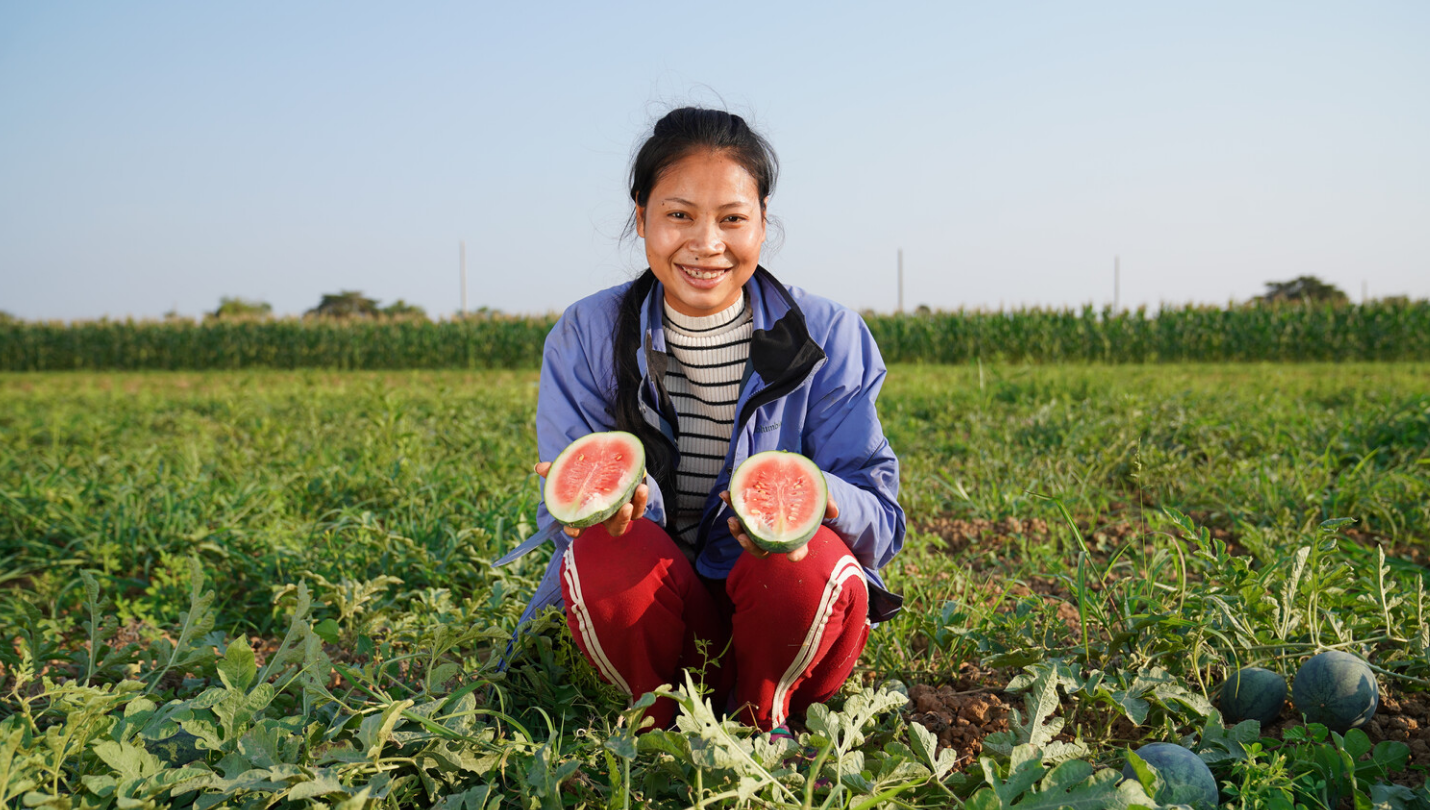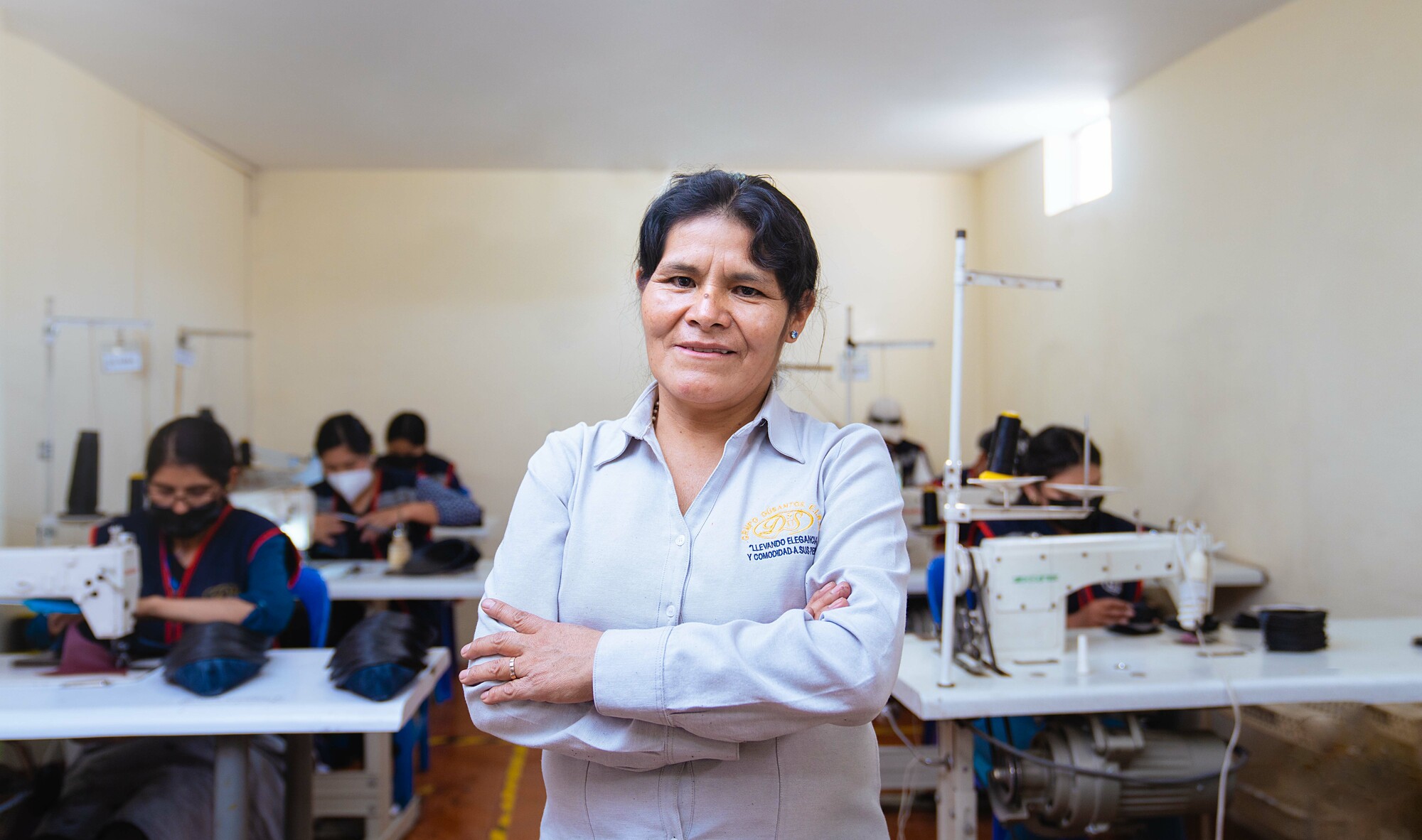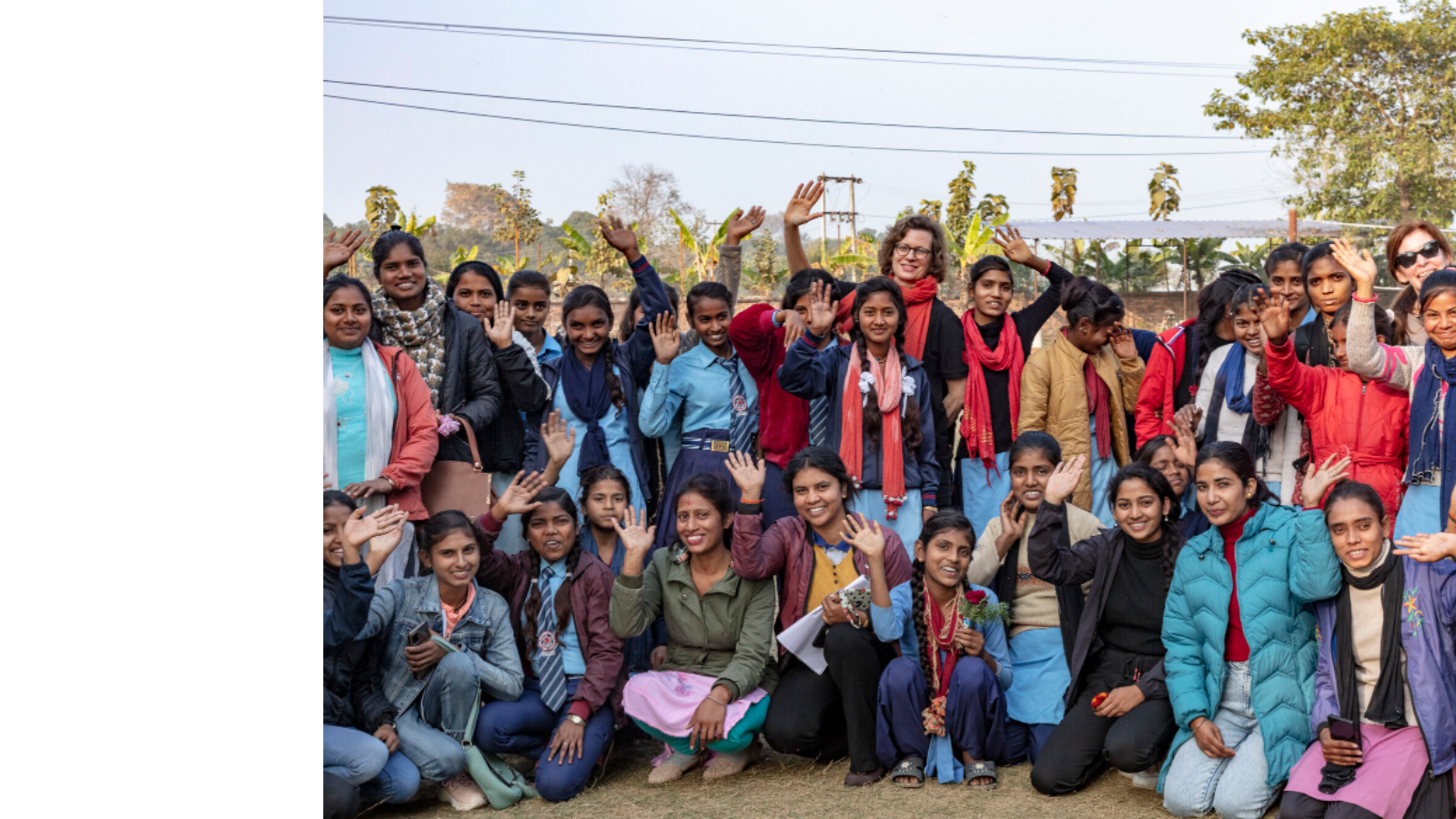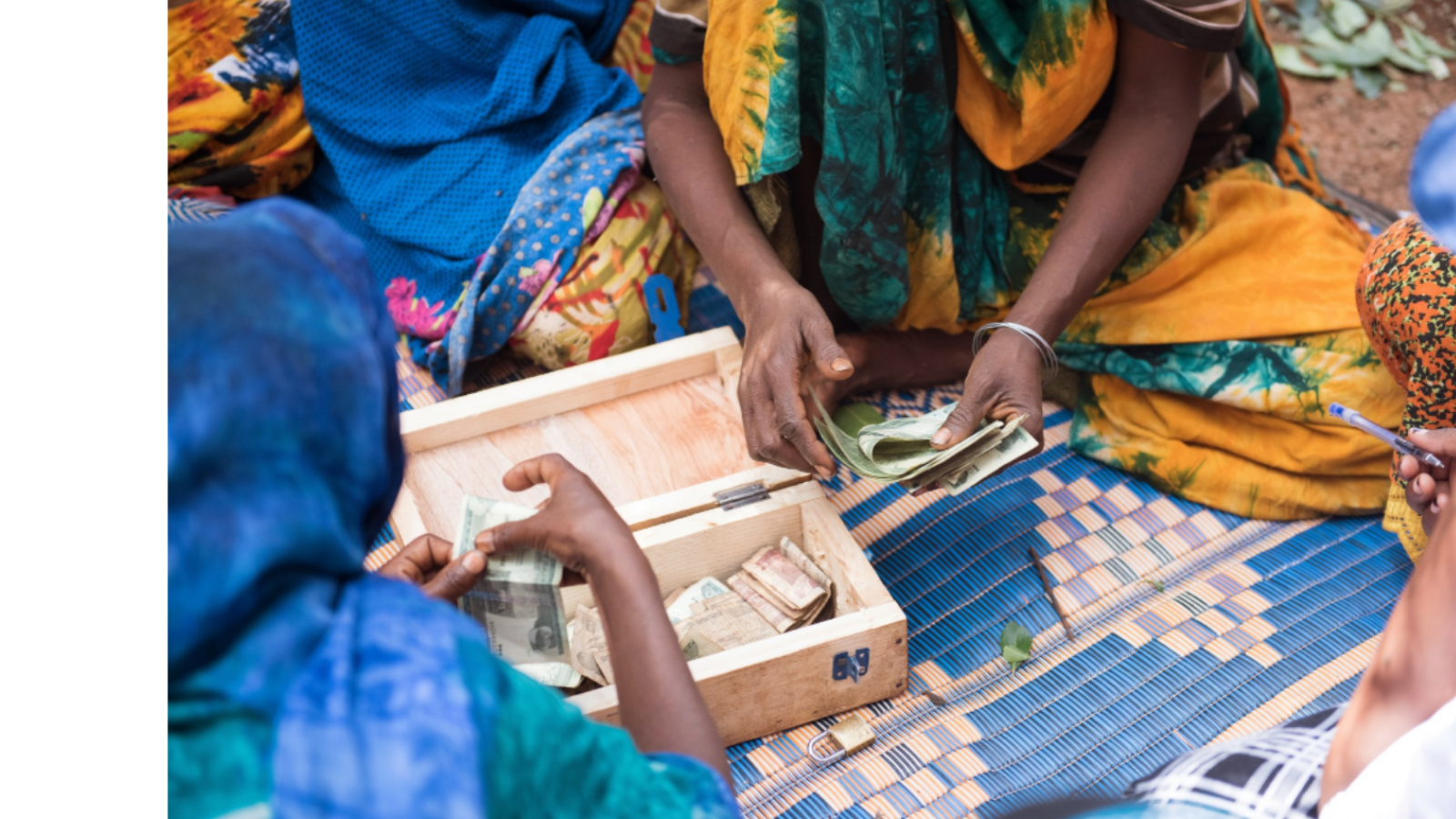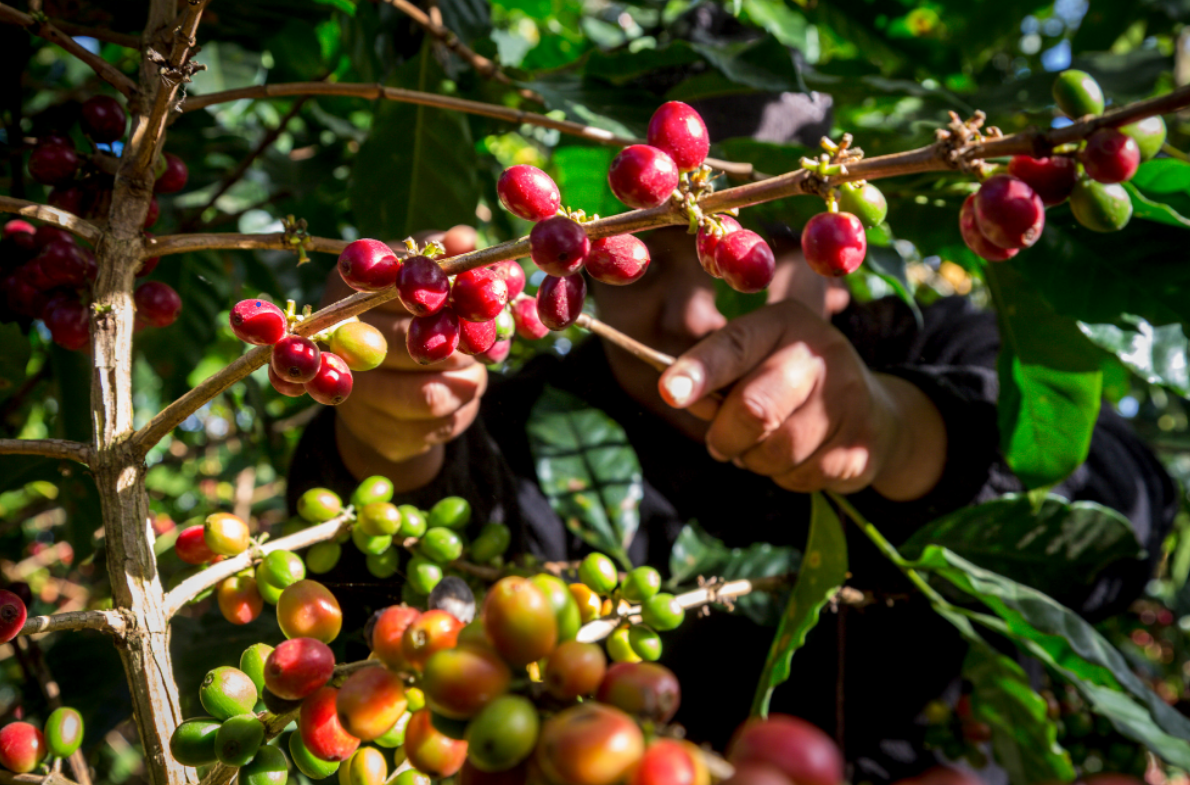The importance of women’s economic justice
CARE International defines women’s economic justice as the fulfillment of women’s fundamental human right to economic resources and the power to make decisions that affect their lives. This requires women to have equitable access to, and control over, economic resources, including by having the time and opportunity to engage in economic activities.
It also requires changes to discriminatory social norms and economic structures, laws, policies and practices that marginalize women.
Our goal is that by 2030, 50 million will have more equitable access to, and control over, economic resources and opportunities.
The disadvantages and discrimination faced by women and girls severely limits their ability to lift themselves out of poverty. As a result, women are more likely to work in informal, low-wage jobs with exploitative and unequal working conditions, and have restricted access to affordable, quality financial products and services, like a savings account or small loan.
Investing in women’s economic empowerment sets a path for poverty reduction and for advanced gender equality. We empower women to build better livelihoods, earn more income, and create businesses that provide jobs and boost local economies.
Women, in collaboration with a range of stakeholders, have made significant progress towards women’s economic justice:
However, the COVID-19 pandemic has exposed and exacerbated the deep inequalities in our societies and economic systems. The next ten years will see the world deal with the fallout of the pandemic, including an anticipated increase in multiple forms of inequality. This trend will be exacerbated by increasing risks from climate change and other protracted crises.
Globally, patterns of increased political polarization, shrinking civic space, concentrated private sector power, and a growing dependence on digital technology threaten to compound barriers to women’s economic justice even further.
What is CARE International doing to advance women’s economic justice?
We focus on supporting women to access financial services, participate in dignified work, and thrive as entrepreneurs and small-scale producers. Through an emphasis on economic justice, we are committed to changing the discriminatory social norms and economic structures, laws, policies, and practices that marginalize women.
CARE International works with economically marginalized women who have no or limited access to and control over economic rights, resources, and opportunities. We work with workers, entrepreneurs, and small-scale producers, as well as Village Savings and Loans Associations (VSLA) members. This includes women living in fragile or conflict-affected contexts, and those who have been displaced.
We will build on our past successes, including on dignified work, financial inclusion , and entrepreneurship. We also look forward to building on our advocacy successes related to the ratification of ILO Convention 190 on Violence and Harassment in the World of Work and our engagement as part of the Generation Equality Forum’s Economic Justice and Rights Action Coalition.
Read our Vision 2030 Impact Area Strategy for Women's Economic Justice here.
